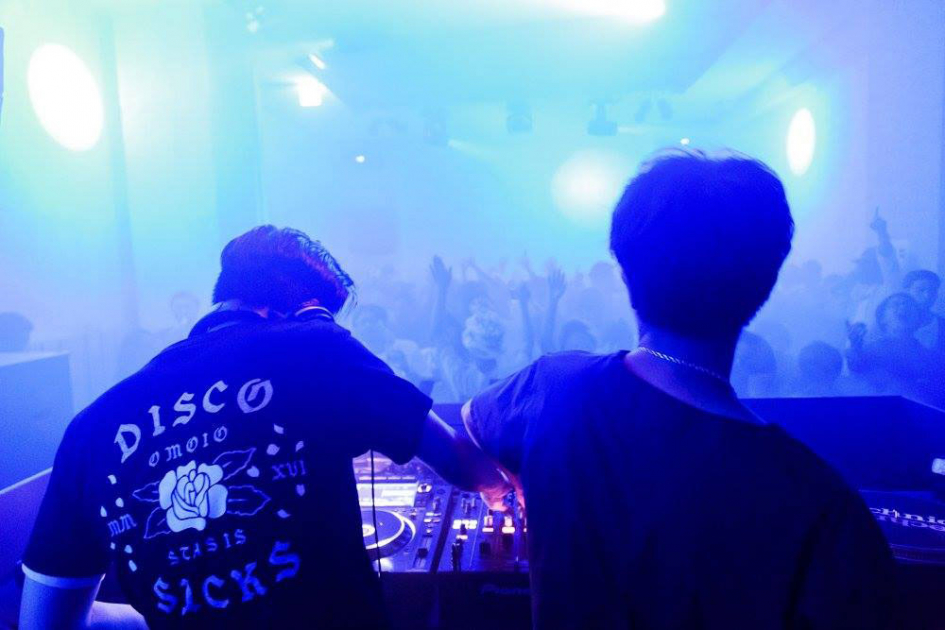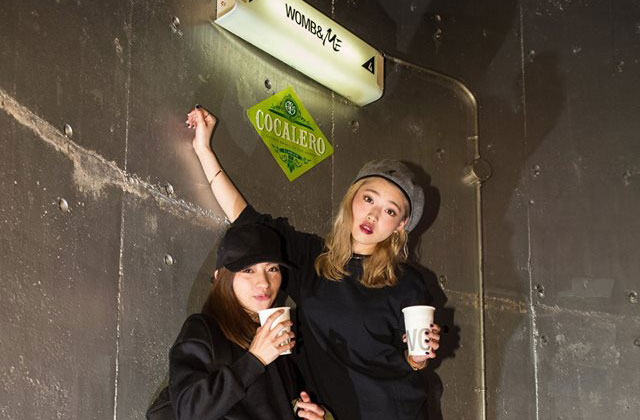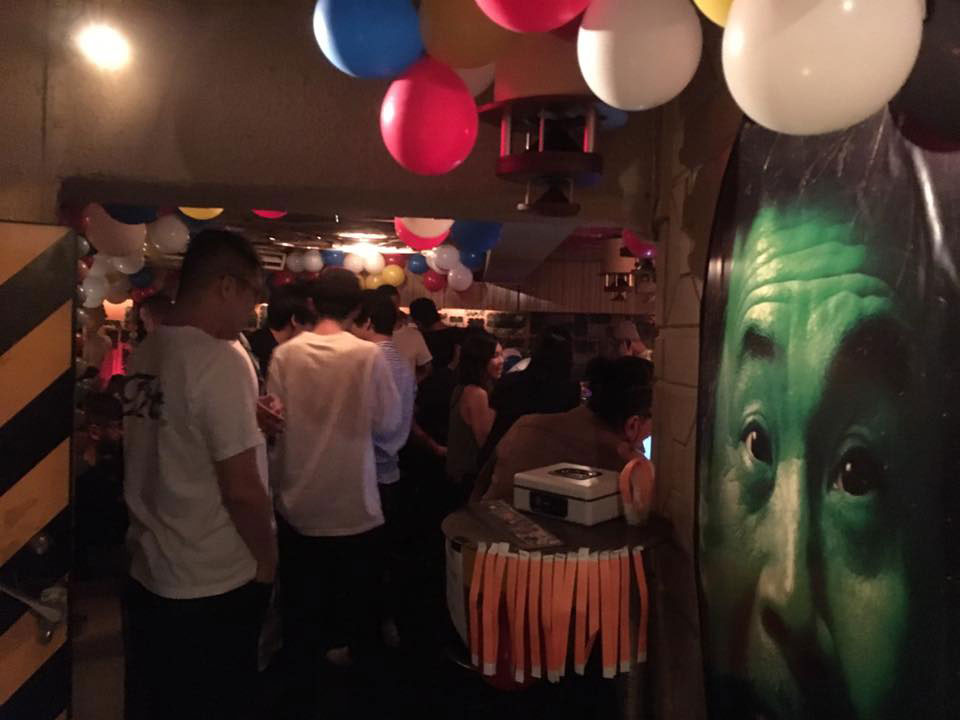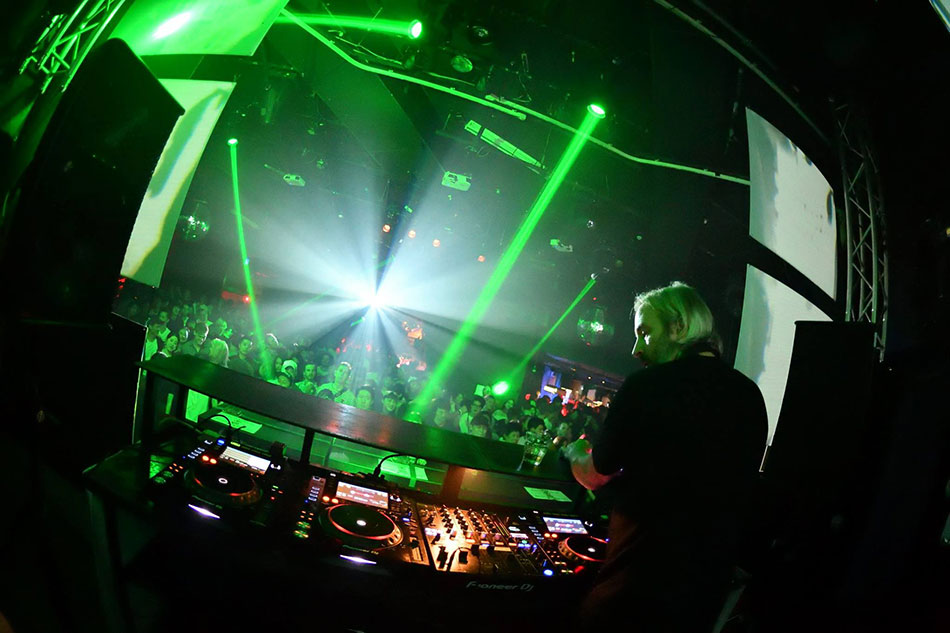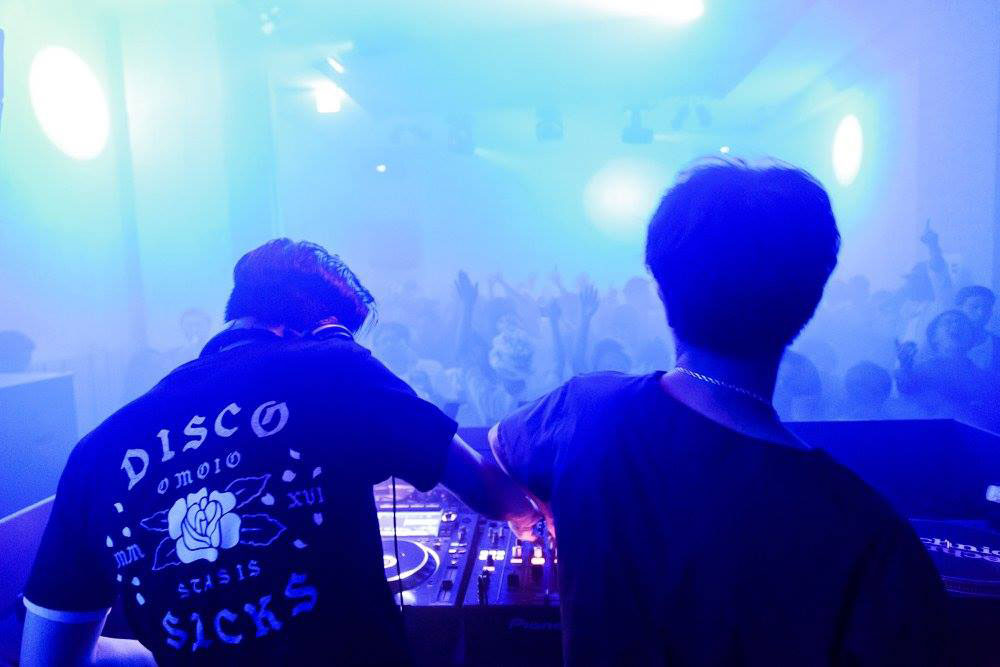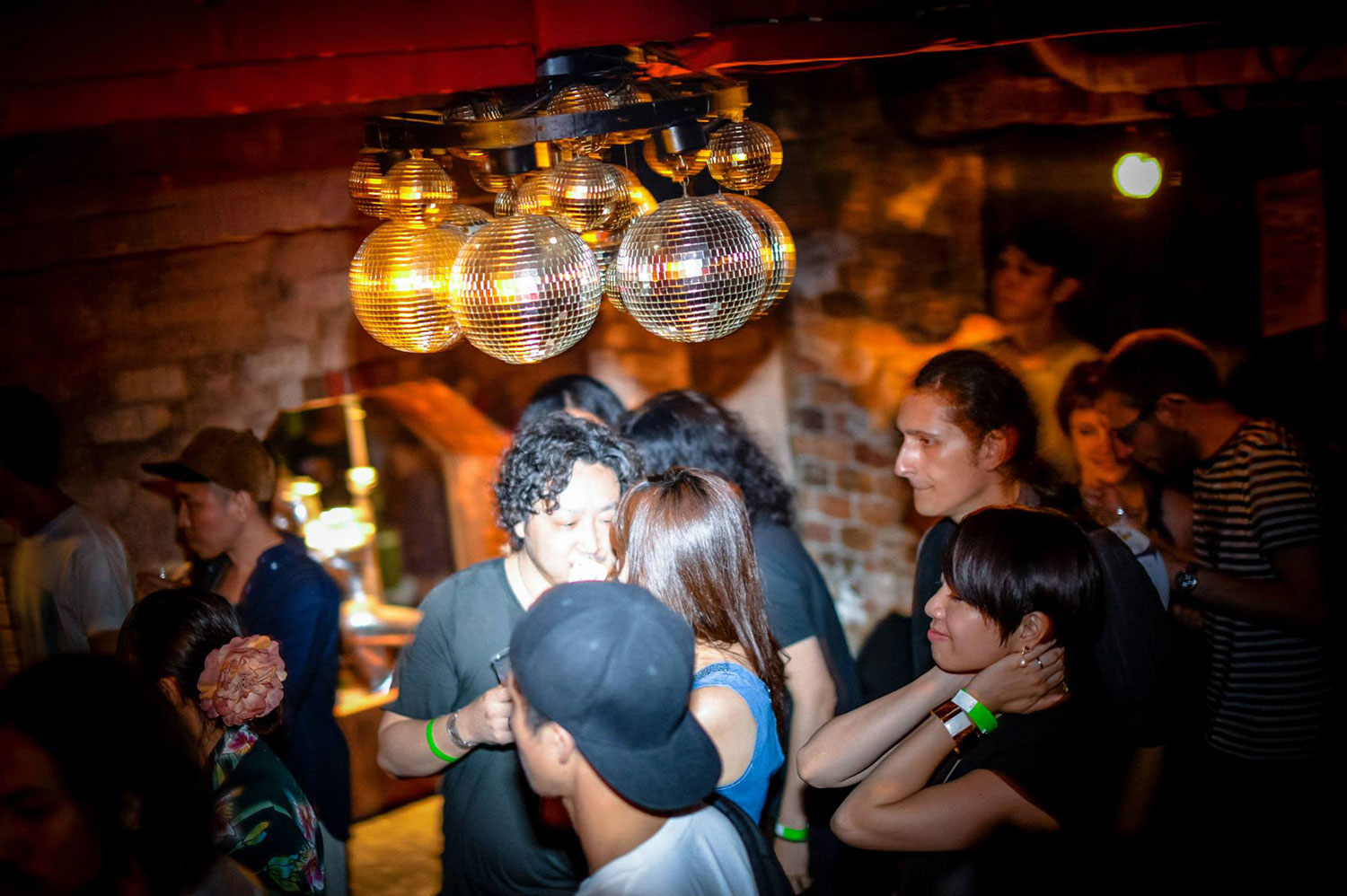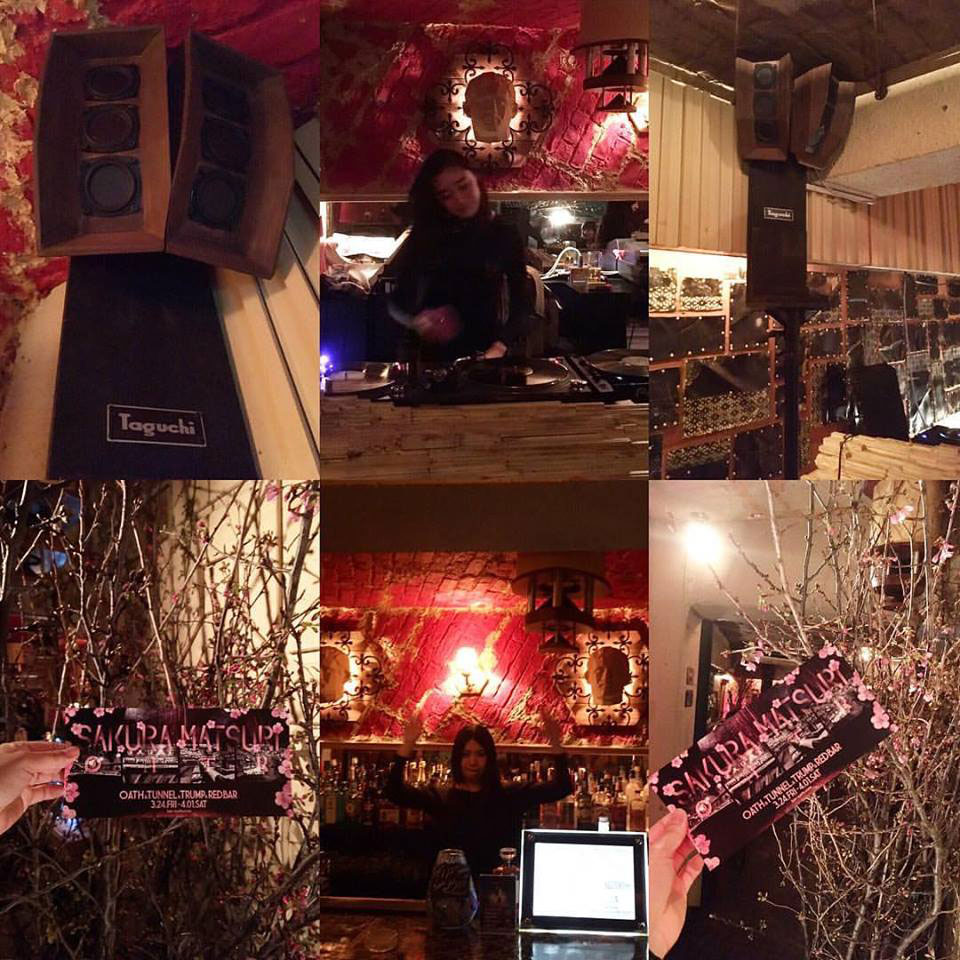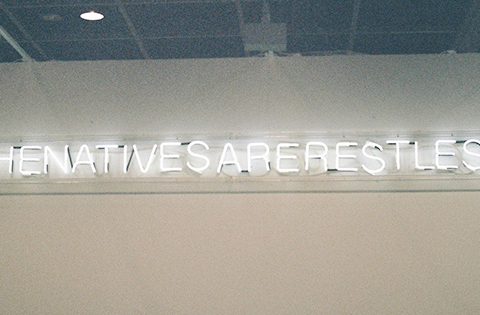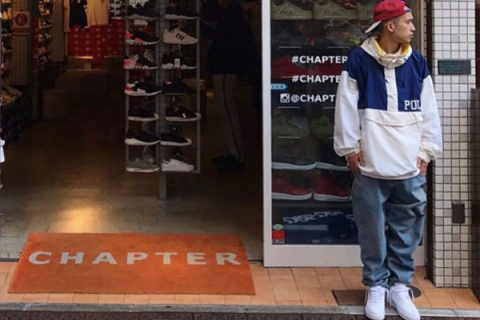
About two years ago, Japan lifted its infamous ban on dancing. Known as Fueiho Law, the almost 70-year-old rule came into effect post the Second World War when the government wanted to target dancehalls, which were used at times as prostitution hot spots. Technically the rule meant venues had to apply for a special ‘dancing licence’, which might be seen as a clear hindrance to an active social scene. In reality Fueiho Law hasn’t really done too much to effect Tokyo’s thriving nightlife and during the second half of the 20th century a blind eye was often turned to the Footloose-style regulation. Since the lift of the ban – which some theorise is an attempt to become more foreigner friendly leading up to the 2020 Olympics – the city’s clubs have continued to grow and throw the best parties in the world.
Like everything in Japan, when it comes to clubs every niche and quirk is catered to – you just need to know where to look. Sometimes however, variety can overwhelming so here’s a guide to the failsafe options for clubbing in the heart of Tokyo. The names on the list may not be the biggest or most famous, but they’re undeniably the best.
- Words: Lucy Dayman

